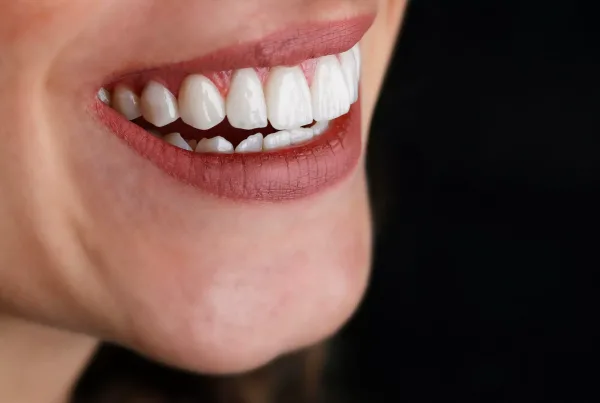Dealing with sensitive teeth during pregnancy requires special care, as hormonal changes and certain dental issues can contribute to tooth sensitivity. Here are some tips to help manage sensitive teeth during pregnancy:
- Maintain Good Oral Hygiene: Continue to brush your teeth at least twice a day with a fluoride toothpaste and use a soft-bristle toothbrush. Proper oral hygiene helps prevent gum disease and other dental problems that can contribute to tooth sensitivity.
- Use a Soft Toothbrush: Using a soft-bristle toothbrush can help prevent further irritation to your sensitive teeth and gums.
- Floss Regularly: Gently floss between your teeth to remove plaque and food particles that can contribute to sensitivity and gum issues.
- Rinse with Fluoride Mouthwash: Using a fluoride mouthwash can help strengthen tooth enamel and reduce sensitivity. Make sure to choose a mouthwash that is safe for use during pregnancy.
- Avoid Acidic and Sugary Foods: Limit your consumption of acidic foods and drinks, such as citrus fruits and juices, as well as sugary snacks and beverages. These can contribute to enamel erosion and tooth sensitivity.
- Choose a Sensitive Toothpaste: Use a toothpaste formulated for sensitive teeth. These toothpastes contain ingredients that can help reduce sensitivity over time.
- Avoid Teeth Grinding: If you grind your teeth at night, consider using a nightguard to protect your teeth from further sensitivity.
- Maintain Regular Dental Visits: Regular dental check-ups and cleanings are essential, especially during pregnancy. Inform your dentist about your pregnancy so they can adjust their treatment plan accordingly.
- Stay Hydrated: Drinking plenty of water can help maintain a healthy mouth and support saliva production, which can aid in buffering acid and reducing sensitivity.
- Use a Desensitizing Gel: Your dentist may recommend or prescribe a desensitizing gel or varnish that can be applied to your teeth to help reduce sensitivity.
- Control Morning Sickness: If you experience morning sickness and vomiting, avoid brushing your teeth immediately afterward. Rinse your mouth with water or a fluoride mouthwash, and wait about 30 minutes before brushing.
- Dietary Calcium and Vitamin D: Ensure you are getting enough dietary calcium and vitamin D, as these nutrients play a crucial role in maintaining strong teeth and bones.
- Consult Your Dentist: If your tooth sensitivity is severe or persistent, consult your dentist. They can evaluate the underlying cause and recommend appropriate treatment.
Remember, it’s important to communicate with your healthcare provider and dentist about any oral health concerns you have during pregnancy. They can provide personalized guidance to help you maintain good oral health while safeguarding your overall well-being and that of your baby.





